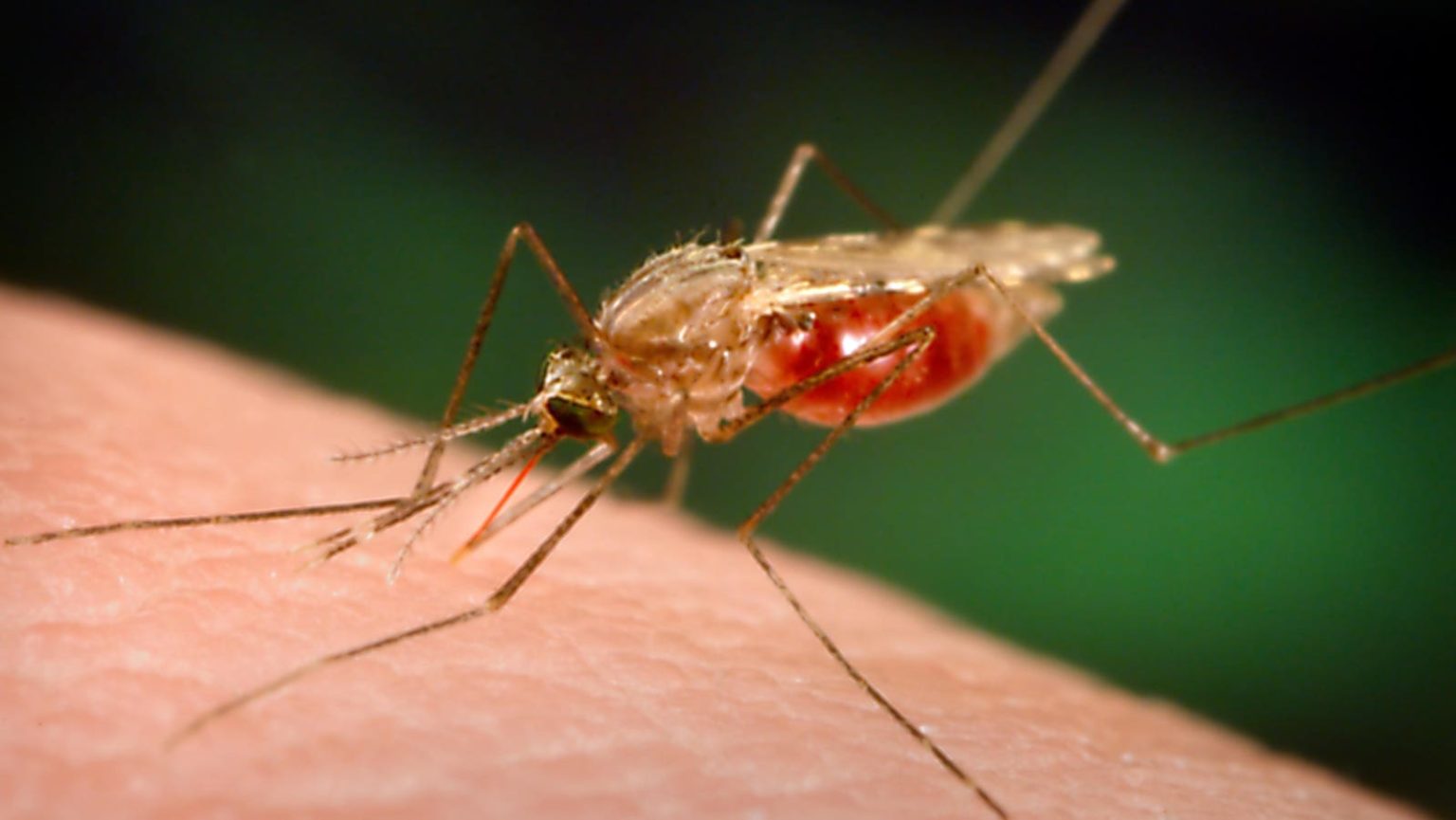Topline
Four people in Florida and one person in Texas are being treated for locally acquired malaria, the CDC said Monday, uncommon in the U.S. but it comes as southern states battle record-breaking heat waves and storms at an intensity experts attribute to climate change—which the World Health Organization says could exacerbate mosquito-borne outbreaks.
Key Facts
Malaria is a disease spread through mosquito bites that causes flu-like symptoms and can be fatal if left untreated.
The risk of acquiring malaria in the U.S. is extremely low—the CDC identified the five local cases of malaria within the last two months and there is “no evidence” to suggest the cases are related.
Texas and Florida are suffering from long-lasting heat waves in the triple-digits this summer, in addition to storms that create a perfect breeding ground for mosquito outbreaks.
The incidence of malaria infections, which “thrive in subtropical and tropical climates,” have grown alongside rising temperatures, according to the WHO.
Key Background
The last local outbreak of mosquito-borne malaria in the U.S. was in 2003, when eight cases were identified in Florida. Globally, cases of mosquito-borne illnesses are on the rise, with the latest data showing “about half of the world’s population now is at risk,” according to the WHO. Meanwhile, 5.2 million cases of dengue—a similar mosquito-borne illness to malaria—were recorded in 2019, a dramatic increase from half a million cases in 2000. New WHO research shows that the extreme heat even in dryer parts of the southern U.S. can encourage tropical mosquitoes to breed.
News Peg
More than 50 million people have been trapped under a heat dome from Arizona to Florida, causing temperatures to warm to dangerous levels. The NIH has linked the environmental conditions of southern states like Florida to possible alaria outbreaks.
What To Watch For
Extreme heat and weather advisories are set to stay throughout the week, according to the National Oceanic and Atmospheric Administration.
WHO Warns Climate Change Causing Surge in Mosquito-Borne Diseases (World Health Organization)
Austin, St. Paul And Miami Set Heat Records—Here Are The Record-Breaking Cities This Summer (Forbes)
Intense heat waves occur primarily because of climate change (Axios)
Climate change makes heat waves, storms and droughts worse, climate report confirms (NPR)
Read the full article here




